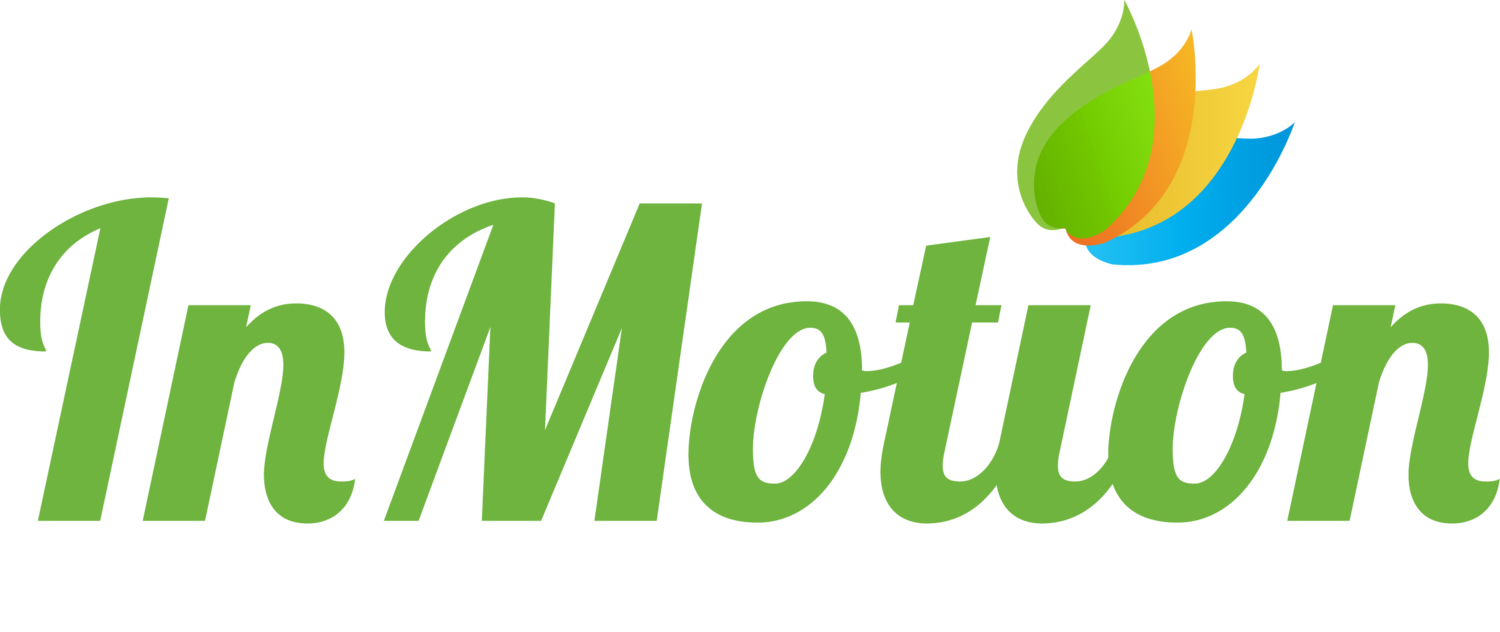Slow Business: The Power of Contemplation In Strategic Planning
Last Friday, Kelly, a friend of mine and I were discussing the under-rated “slow-business” approach, one where contemplation is valued as much as action. Kelly, a Director at community development organization, is tasked with making good things happen as quickly as possible. Something she said stuck with to me: “There are times when the best action is to pause, take in the horizon to see what is and is not there and think, before charging head. I’m learning to build this into my approach, which takes effort, my inclination is to charge ahead without always looking around. That does not always end well.”
That might sound like inaction as action, which by definition cannot happen. In actuality what Kelly is talking about is contemplation.
Contemplation
noun
the action of looking thoughtfully at something for a long time
the state of being thought about or planned
deep reflective thought
In the whiz-bang, pop-up box, instant message, 24-hour workplace, contemplation can feel like a luxury reserved for vacation. It’s not and should not be a luxury. It should be a non-negotiable planning stage. Planning often means a change is being considered. Contemplation creates space for thinking through a possible change.
Contemplation is the Exploratory Stage in Decision Making
Contemplation is the exploratory stage in decision making. It’s a vital stage during which a risk-reward analysis can be done.
- It the right change? Is it the right time? it is important enough?
- It there the confidence within the organization to make the change?
- What is the price that will be paid if a change is made?
- What is the price that will be paid if a change is not made?
- What is possible if we make this decision, that is not possible if we hold off?
- How do we know these things are true?
Taking the time to answer these questions eliminates much of the doubt that can come from your team. Where there is doubt there is inaction, because people are not bought into the idea. And you can’t always sell and idea of force it – well you can but that can lead to a whole host of other problems. Plus that’s exhausting.
“Men often oppose a thing merely because they have had no agency in planning it, or because it may have been planned by those whom they dislike.” ~Alexander Hamilton
When people are able to think through the above questions and create their own reasoning for moving forward it is much more powerful and lasting. What motivates people to change is complex. The good news is there is more than 20 years of research on what motivates change in people, which is important for organizations to consider, because in the end it’s the people in your organization who actually do the planning and do the work that results in change or not.
How Get the Most From Contemplation As a Strategic Planning Stage
In her role, Kelly, needs to plan very carefully, the initiatives she leads are intended to have a lasting positive impact on the local community and consequently a positive ripple effect for the large metro area. She must engage her board and other stakeholders to approve and carry out the plans. She’s making it a practice to purposefully engage her key stakeholders in a contemplative strategic planning process so they are bought into the plan and take ownership in the outcomes of their collective efforts.
When you invite others to contemplate early in the planning process, you can more readily leverage the collective knowledge and ideas of your team - from the board and your senior staff to your managers and individual contributor staff. Ask your team members to do their own focused thinking (contemplation) before a meeting and bring their best ideas and insights to the table. What makes contemplation different from day-dreaming are the focused questions you are meditating on. Give your team a set of questions designed to elicit insights. Here are some examples:
- Given our strategic plan and mission what worked well last year? And what could have worked better? What is missing?
- What is on the horizon has the biggest potential for gain for our organization: shifts in the industry or economy, changes in our targeted audience, competition have the biggest potential?
- And which have the biggest potential for harm to our organization?
- What are the chronic issues that seem to never get better?
- What factors are present when we are at our best? And how can we be more intentional about leveraging these factors?
- In 12 months’ time what does success look like for me within the organization?
When you gather your planning team around the table you can more quickly focus on solutions, because people have been contemplating before the meeting
